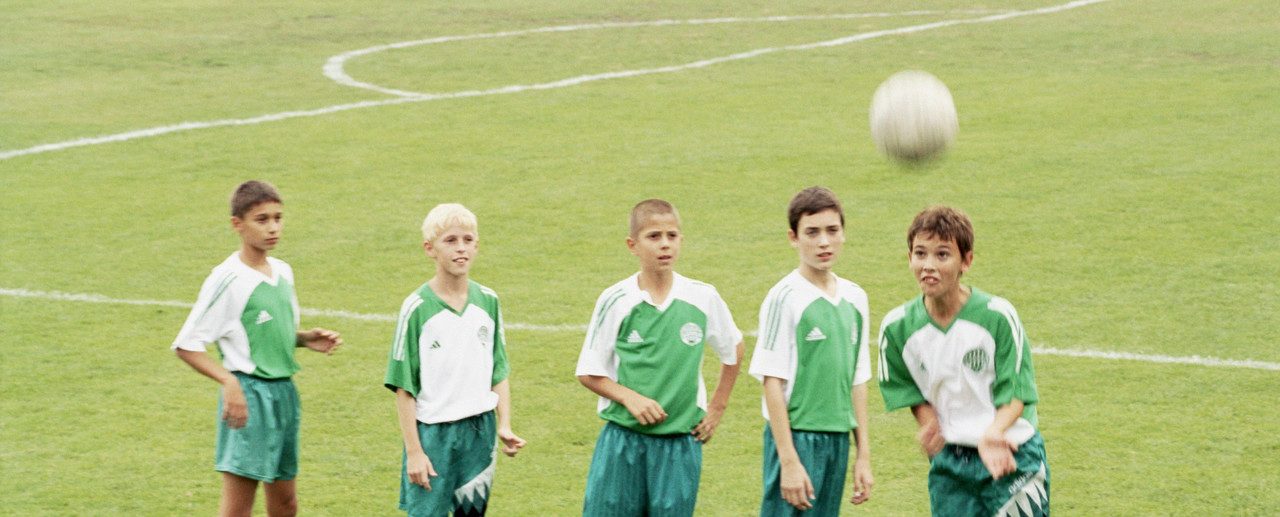February 23, 2018
The Summer Slide … Into Fall

Typically you hear about the “summer slide” – losing skills and knowledge gained during the school year – at the beginning of summer. This makes sense, as there is usually encouragement for parents to make sure kids’ brains stay active throughout the summer (e.g., by reading), as the summer slide can result in some serious loss of learning and skills.
YOU MIGHT ALSO LIKE: SATs and Radar Guns: Our Obsession with Youth Performance
That said, parents should also be aware of the summer slide at the beginning of a new school year. The first two months of school can be hard for kids if they experienced a regression of skills over the summer – which may in fact be somewhat insidious and not readily detected in school or at home. The result? A school year filled with a cascade of academic struggles because the start was especially rocky.
So what’s a parent to do? We live in an age where parents are chastised – and frankly, sometimes rightly so – for being overly intrusive in their child’s school work. While the “helicopter parents” hullabaloo has had an upside in terms of making parents aware of boundaries they should respect, a big downside has been the reactionary position that parents should not be involved in their children’s schooling. This is not the case. What matters is what we mean by “involved.”
A recent column by Tami Silverman provides a very nice description of involvement, conceptualized as parental engagement:
“Parental engagement is a partnership in which families and school staff work together to support and improve the learning, development, health, and well-being of students. The key to high-impact engagement is meaningful, sustained connections between the students, parents and educators.”
How does apply to the summer slide into fall?
First, a parent may have a particularly good opportunity to see where a child is struggling in the early part of the school year. Consider the following.
Simple questions about the different subjects – offered in a non-judgmental and pressured way – can get kids to open up about difficulties. Open-ended questions can be especially useful, as the overarching goal is to establish a supportive channel of communication with a kid. Stuff like “Hey, how’s math class going these days?” may not prompt an immediate conversation, but it’s a soft opener, one to get the ball rolling. If you get a response like “It’s fine” just ask another question or two (“What are you guys working on right now? Whoa, sounds like it might be kind off difficult stuff!”). These suggestions are simply that – suggestions – as parents will have their own rhythms with their kids. But keep in mind that you are trying to let your kids relax in terms of talking straight with you.
Keeping some tabs on homework time during the week can also be informative. Again, use your conversational skills, and some basic questions can help you collect relevant information – on a given night, just ask what your kid has been working on. Even if you don’t get much of an answer, establishing a bit of a nightly rhythm may help.
You get the picture here. What you want to do is to establish an open line of communication, such that your kid may begin to tell you more and more. Of course, finding out about quizzes and tests will provide some insight as well, but there’s a bit of a trap there. You don’t want the conversation to be about grades and perceived pressure. You want to be a resource and a support for your child, so the platform is more about strategizing about next steps rather than focusing on improving a grade. This is engagement and working together.
The next step can be complicated, and varies across schools and districts – but it would involve reaching out to the relevant teacher (or teachers). Some schools may welcome this; some may not. What you want to be sure to communicate, in either case, is that you want to share some of what you are seeing at home and find out how you can be supportive. And you just may have some good information that will help a teacher size up what’s happening, especially if a child is struggling because he or she is not able to rely on skills that have regressed some over the summer. While you might think this should be obvious in the classroom, it may not be – even the struggling may not jump out. This is where the partnership part comes into play; converging everyone’s perspective can have important dividends in terms of supporting the student.
While the points made here apply at any time of the school year, it’s worth establishing the partnership early in the year, especially to determine if the summer slide is affecting your child. Working through that sooner rather than later can make a big difference.
YOU MIGHT ALSO LIKE: School Anxiety – What It Is and What to Do About It


